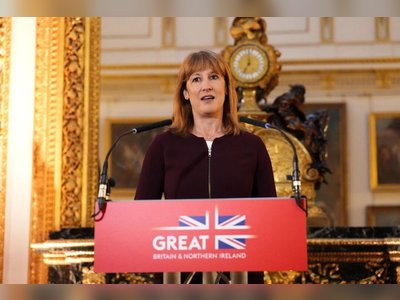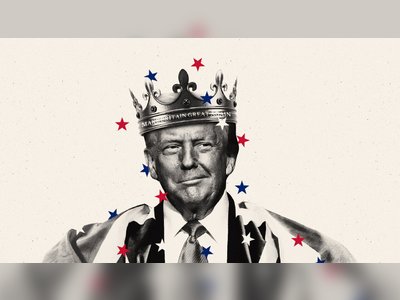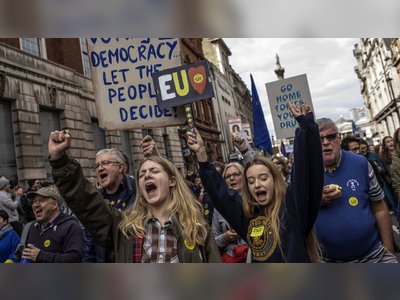European Officials Fear Trump May Shift Blame for Ukraine War onto EU
Amid rising unease in Brussels, leaders warn that U.S. rhetoric could lay groundwork for offloading responsibility
European officials are increasingly alarmed that President Donald Trump is preparing to cast Europe as a scapegoat should Ukraine’s war effort falter.
His recent remarks—suggesting Ukraine could win with European support while criticizing Russia’s resolve—are being interpreted as early maneuvers to divert scrutiny from U.S. accountability in future setbacks.
Trump’s message has evolved from ambiguity to overt optimism, declaring Ukraine capable of reclaiming its territory with help from NATO and the European Union.
Yet beneath these statements lies a strategic recalibration: by positioning Europeans as the primary enablers, Trump may set the conditions for claiming credit in victory or shifting blame in failure.
This posture compounds longstanding tensions between Washington and European capitals over burden sharing.
While the U.S. role in logistics, intelligence, and weapons supply remains crucial, Trump's framing hints at reducing direct commitment in favor of an enhanced European role and ultimately political insulation.
In Brussels and capital cities alike, officials express concern that Europe may be maneuvered into a position where it’s made responsible for sustaining the war—and for absorbing criticism when difficult compromises or military reversals arise.
The timing is critical: Europe is already split on China and India sanctions, Hungary’s opposition to many U.S.-driven initiatives is growing, and internal differences over support for Ukraine are widening.
European leaders are now confronted with a delicate calculus: affirming their commitment to Ukraine without becoming a rhetorical lightning rod.
The prospect of Trump reassigning political risk to them underscores both the fragility of transatlantic unity and the high stakes embedded in the U.S. role in the war.
His recent remarks—suggesting Ukraine could win with European support while criticizing Russia’s resolve—are being interpreted as early maneuvers to divert scrutiny from U.S. accountability in future setbacks.
Trump’s message has evolved from ambiguity to overt optimism, declaring Ukraine capable of reclaiming its territory with help from NATO and the European Union.
Yet beneath these statements lies a strategic recalibration: by positioning Europeans as the primary enablers, Trump may set the conditions for claiming credit in victory or shifting blame in failure.
This posture compounds longstanding tensions between Washington and European capitals over burden sharing.
While the U.S. role in logistics, intelligence, and weapons supply remains crucial, Trump's framing hints at reducing direct commitment in favor of an enhanced European role and ultimately political insulation.
In Brussels and capital cities alike, officials express concern that Europe may be maneuvered into a position where it’s made responsible for sustaining the war—and for absorbing criticism when difficult compromises or military reversals arise.
The timing is critical: Europe is already split on China and India sanctions, Hungary’s opposition to many U.S.-driven initiatives is growing, and internal differences over support for Ukraine are widening.
European leaders are now confronted with a delicate calculus: affirming their commitment to Ukraine without becoming a rhetorical lightning rod.
The prospect of Trump reassigning political risk to them underscores both the fragility of transatlantic unity and the high stakes embedded in the U.S. role in the war.









